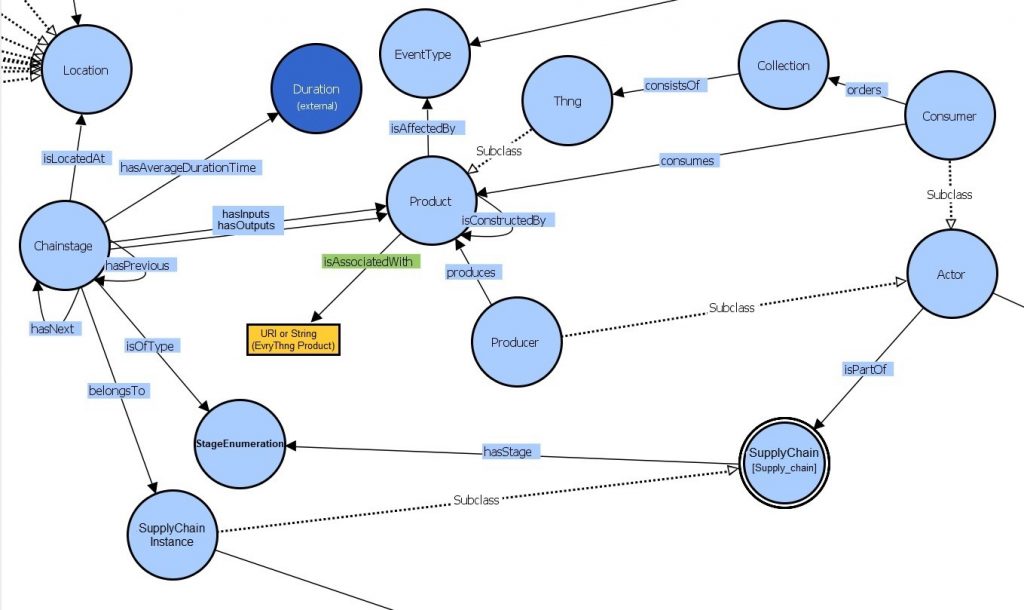
Another way to increase the donor pool is to break down barriers to living donation of kidneys and livers. “There are several novel technologies, like machine perfusion of organs, that can increase the utility of marginal organs, so we can use more of them for transplant. population is aging with more comorbidities, making the pool of organ donors smaller,” Parikh said. SEE ALSO: NASH May Overtake Hepatitis C as Top Liver Transplant Cause Parikh underscored that many different tactics will need to work in tandem to address this growing need. He hopes studies like these will allow policymakers to see the impact certain policy changes could make. There are numerous strategies for increasing organ donations,” says DeRoos. And so we’ve tried to be very objective, understanding that there is a lot of uncertainty around our estimates. “Everyone in the transplant field has very strong opinions about opt-out donation, one way or the other. LISTEN UP: Add the new Michigan Medicine News Break to your Alexa-enabled device, or subscribe to our daily updates on iTunes, Google Play and Stitcher. While just over half of American adults are registered donors, surveys have shown that up to 93% support organ donation it’s been estimated that lack of consent plays a role in preventing donation from up to 40% of otherwise eligible donors. There’s a lot of uncertainty of what the impact of such a system would be. has one of the highest organ donation rates in the world, and so the gains other countries have seen might not materialize here, the researchers say. In their model, the U-M researchers simulated increases within this range. Previous studies of those cases suggest that it can lead to an organ donation increase of 5%-25%. Other countries have adopted presumed consent policies with mixed results. Ethics and results of organ transplant policies in the US and abroad That’s the kind of thing that engineers like me can bring to the conversation,” says Luke DeRoos, a doctoral student in the U-M Department of Industrial and Operations Engineering and first author of the paper. But it’s also useful to take sort of a 50,000-foot view of all the levers we can pull to see which ones can improve outcomes for the most patients. “Organ donation is such a personal thing, and generally surgeons and other clinicians are looking at one patient at a time. SEE ALSO: ‘Any Age is the Right Age’: A Push to Recruit Older Organ Donors The on-the-ground effect of organ transplants is affected by a complex web of factors including organ location, patient compatibility, whether organs are given to the sickest patients, and, ultimately, the judgement of surgeons and other clinicians. The reality, however, is much more complicated, the researchers say. It might seem like a simple equation-one available organ equals one life saved. And under ideal circumstances, it might have decreased waitlist removals by 52%-but not enough to completely provide organs to everyone who needs one in time. Under the most conservative estimate, it would have reduced the number of people taken off the list due to illness or death by between 3% and 10%. They found that opt-out, or presumed consent, would have added between 4,300 and 11,400 life years for the more than a half million patients on the list during the study period. The study is published in JAMA Network Open. Using data from the Organ Procurement and Transplantation Network Standard Transplant Analysis and Research files, the researchers built a computer model to simulate how such a policy shift would affect patients on the waiting list for a heart, kidney, liver, lung or pancreas between 20. Simulating opt-out impacts on 2004-2014 wait lists


“It speaks to the magnitude of the deficit we have for organ transplantation in the U.S.,” Parikh says “At the same time, we did find that such a policy could potentially translate to large gains in life years for the thousands of patients awaiting organ transplantation in the U.S. MORE FROM MICHIGAN: Sign up for our weekly newsletterīut the researchers were surprised to find that even with their most optimistic estimates, presumed consent would only reduce the waiting list by a marginal amount.

“Based on the experience of other countries that have instituted presumed consent policies, a similar system in the U.S. , a liver transplant specialist at Michigan Medicine. “Thousands of patients are dying yearly while awaiting transplantation and one reason for that is simply lack of organs,” says study author Neehar Parikh, M.D. Every year in the United States, about 7,500 people die while waiting for an organ transplant, and that number is expected to increase in coming years as demographics shift.Ī new study from the University of Michigan suggests that a policy shift from the current system in which you opt in to be an organ donor to one of “presumed consent” -unless you opt out-could improve the situation.


 0 kommentar(er)
0 kommentar(er)
